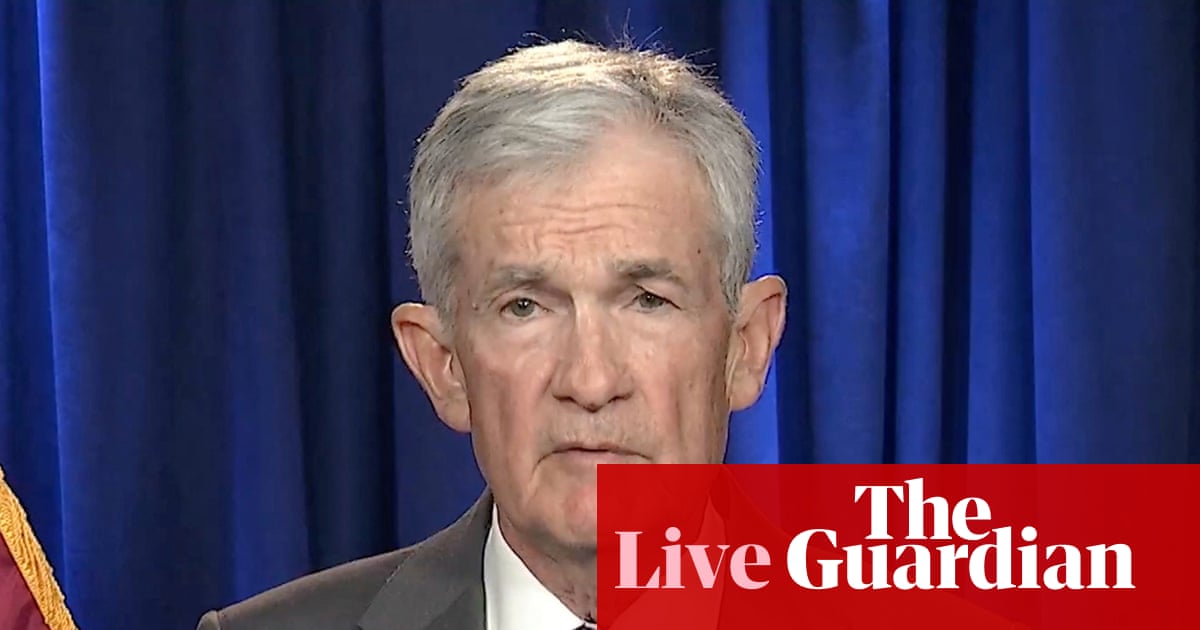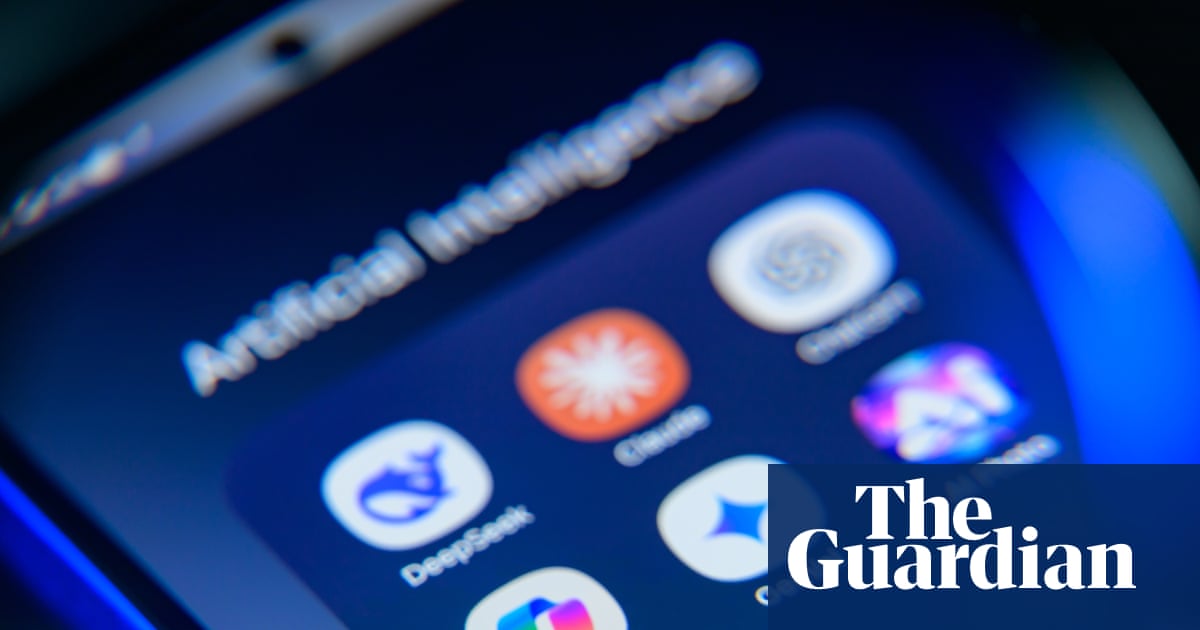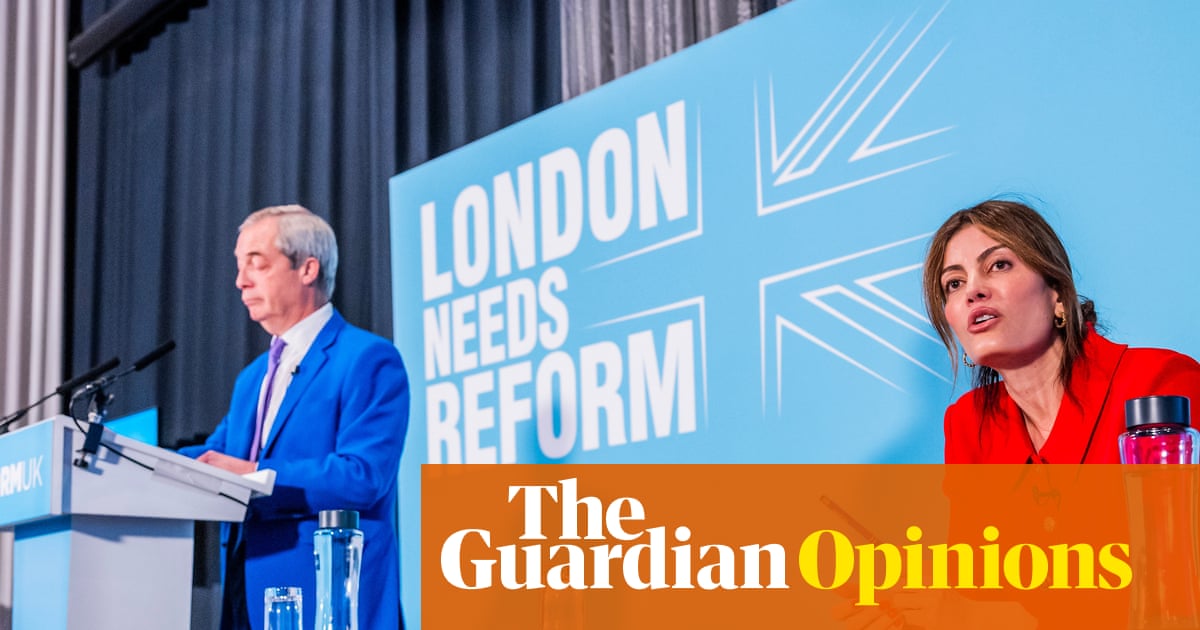Nearly twice as many Britons view artificial intelligence as a risk to the economy than regard it as an opportunity, according to Tony Blair’s thinktank.
The Tony Blair Institute warned that the poll findings threatened Keir Starmer’s ambition for the UK to become an AI “superpower” and urged the government to convince the public of the technology’s benefits.
TBI commissioned a survey that found 38% of Britons see AI as an economic risk while 20% see it as an opportunity. The poll of more than 3,700 adults also showed that lack of trust was the biggest barrier to adoption.
Jakob Mökander, the director of science and technology policy at TBI, said the UK’s main hope of becoming an AI superpower was through establishing itself as a world-leading adopter of the technology. The poll findings endanger that goal, he said.
“You can be an AI superpower in two ways – either leading in AI development or adoption,” Mökander said. “The UK will not lead in development, that will be the US and China, but it can lead in adoption. But the UK will not become an AI superpower in those terms unless the government manages to build broad public trust in the technology.”
The UK government has made AI a cornerstone of its economic growth strategy, with Starmer saying this year: “Britain will be one of the great AI superpowers.”
Among voters, however, there are concerns over AI’s impact on the economy and jobs in particular. Organisations including TBI, the International Monetary Fund and the Organisation for Economic Co-operation and Development have forecast that AI, the term for computer systems that can perform tasks typically associated with human intelligence, will have a significant impact on the labour market. TBI has forecast that it could displace between 1m and 3m private sector jobs in the UK, adding that the ultimate number of losses will be lower as the technology creates new roles.
However, sections of the job market that are expected to feel the impact of AI, such as graduate recruitment, have yet to show a serious impact from AI, according to recruitment agents.
TBI’s poll findings also show a divergence between those who have used AI and those who have not, with more than half of people who have not engaged with the technology seeing it as a risk. Among regular AI users, however, only a quarter of that cohort see it as a threat.
Mökander said work needed to be done on making AI trustworthy via regulation and then illustrating its potential benefits, such as reducing NHS wait times or giving working people more time at home with their families, because it makes their jobs more efficient and means fewer hours in the office.
after newsletter promotion
Drawing a parallel with extolling the benefits of vaccines, Mökander added: “You need to have rules and regulations around vaccines to make them safe. Then the government needs to shape healthy public attitudes by educating people and having positive campaigns.”
TBI, which receives significant funding from the tech tycoon Larry Ellison, issued the poll findings in a report published on Monday, in which it made five recommendations to build public trust in the technology: increasing public use of AI; highlighting helpful uses of AI; measuring AI’s beneficial impact in relatable ways; responsible regulation; and launching programmes to build AI skills.
A UK government spokesperson said public trust was a critical factor in using AI, adding that initiatives had been launched to build AI skills and increase adoption.
“About 10 million workers are expected to use AI in their day-to-day roles by 2035, so it is vital our workforce has the skills and confidence to use it,” the spokesperson said.

 3 months ago
79
3 months ago
79

















































